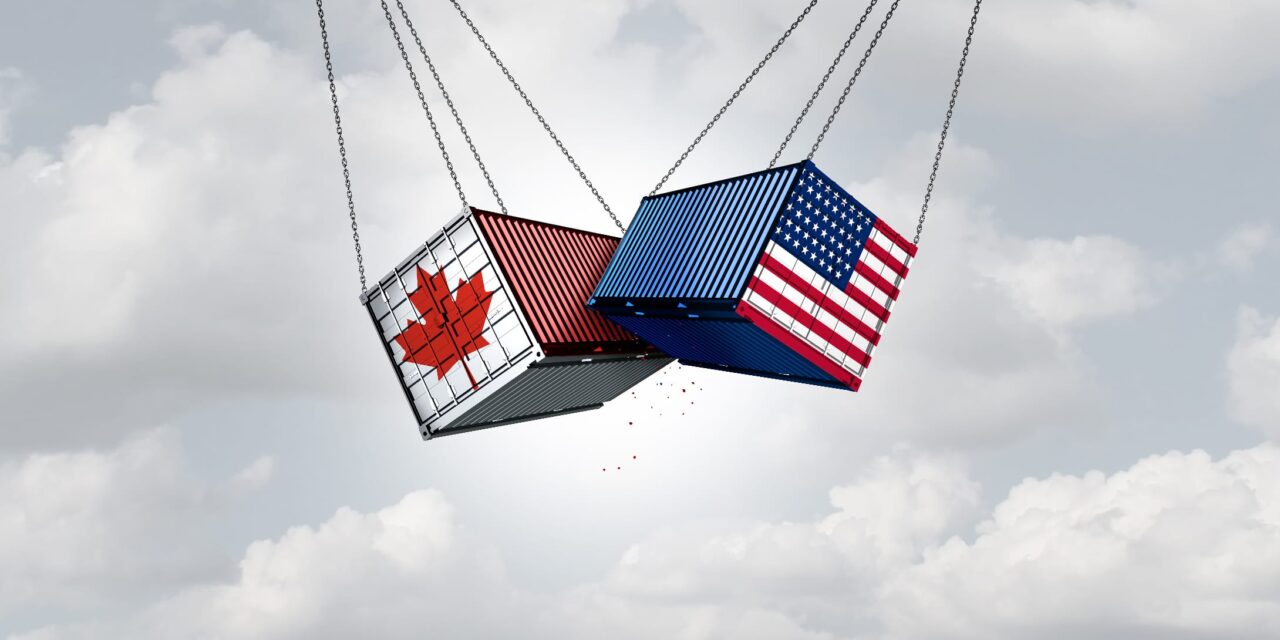The organization warns that trade restrictions on medical devices could disrupt patient care and exacerbate existing supply chain challenges.
Summary:
Medtech Canada is calling on federal, provincial, and territorial governments to exempt medical devices from potential tariffs or sanctions in response to US trade measures. In a statement, Nicole DeKort, president and CEO of Medtech Canada, warns that such restrictions could disrupt Canada’s health care system, as nearly 40% of the country’s medical technology imports come from the US. DeKort emphasizes that many essential medical devices are not manufactured domestically, making exemptions crucial to maintaining patient care. She also highlights ongoing post-pandemic supply chain challenges and noted that Medtech Canada is working with its US counterpart, AdvaMed, which is calling for similar exemptions for Canadian-made medical devices.
Key Takeaways:
- Tariffs Could Disrupt Patient Care – DeKort cautions that trade restrictions on medical devices would strain Canada’s health care system, as many essential technologies are imported from the US.
- Post-Pandemic Supply Chain Challenges Persist – The medical device industry is still recovering from COVID-19-related disruptions, DeKort says, and additional trade barriers could exacerbate shortages and impact patient treatment.
- Cross-Border Advocacy Efforts Underway – Medtech Canada is collaborating with AdvaMed to push for tariff exemptions in both countries, emphasizing the mutual reliance of US and Canadian health systems on medical device imports and exports.
Medtech Canada, the national association representing the medical device industry in Canada, is urging federal, provincial, and territorial governments to ensure that medical devices are exempt from any retaliatory tariffs or sanctions in response to potential trade measures from the US government.
In a statement, Medtech Canada president and CEO Nicole DeKort, warned that such measures could have severe consequences for Canada’s health care system, given the significant reliance on imported medical devices. Nearly 40% of Canada’s medical technology imports come from the US, and many essential devices used in patient care—such as diagnostic imaging systems, orthopedic implants, pacemakers, diabetes technologies, and wound care products—are not available from Canadian manufacturers.
“As the federal government—as well as provincial and territorial governments across Canada—plan responses to potential tariffs from the US government, we are calling on all jurisdictions to ensure that medical devices are excluded from any retaliatory tariffs or sanctions, as the impacts on our health care system and patients would be too immense,” DeKort says in the statement.
Trade Restrictions Could Worsen Post-Pandemic Supply Chain Challenges
The COVID-19 pandemic exposed vulnerabilities in the medical device supply chain, causing disruptions that negatively impacted patient care. While the industry is still recovering, additional trade restrictions could exacerbate existing challenges and jeopardize the continuity and quality of patient care, DeKort says in the statement.
“Our partners in the health care provider community in Canada who experienced many of these challenges first-hand are also calling for exemptions for the medical device industry,” she notes.
Medtech Canada is also working alongside its US counterpart, AdvaMed, which has requested similar exemptions from the US government for Canadian-made medical devices. In 2022, Canada exported $3.08 billion in medical technology to the US, representing 74% of its total medical device exports.
“We strongly support Canadian-based medical device manufacturers and are working hard to limit the impacts of potential tariffs from the US,” DeKort says in the statement.
Medtech Canada is calling on all levels of government to collaborate with health care stakeholders to keep medical devices out of potential trade disputes, emphasizing that patient care must remain the top priority.
ID 349898658 © Skypixel | Dreamstime.com





